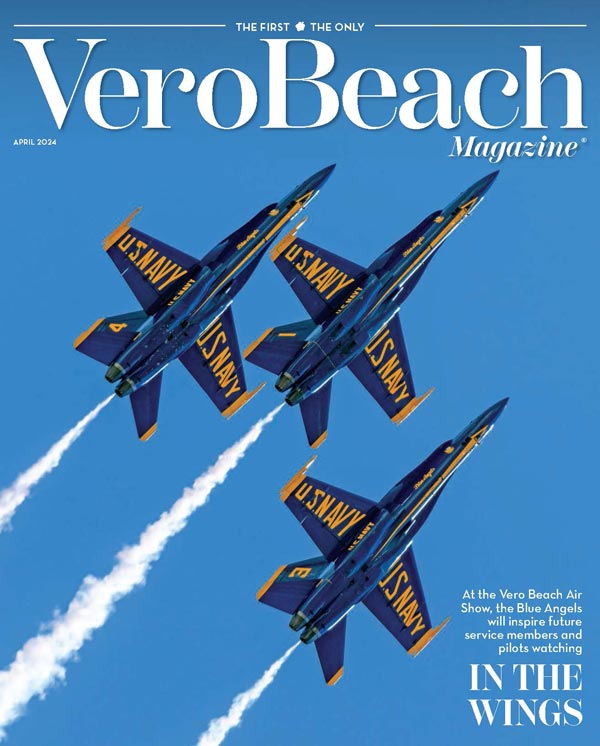
Only a year after Gadson was wounded, he began biking again, letting his arms do the work. Here he rides by the Capitol Building in 2010.
“It’s a slow-motion event, at least in your mind, when you go through something like this,” says Gadson. “I remember being ejected, hitting the ground and coming to a rolling stop. Then it was back to real motion and I was like, ‘I don’t know why I’m on my back and I can’t move.’ And then I just said, ‘God, I don’t want to die in this country.’”
From the ages of 8 to 18, for half his young lifetime, Greg Gadson looked forward to the day he would become a professional football player. After a running start in the third grade, he became an all-star linebacker at Indian River High School in Chesapeake, Virginia, as well as captain of the state all-star team. It looked like he was on his way to the pros. After he paid his dues in Division I college football, of course.
Then reality hit hard. “I had one Division I scholarship offer and that was recanted,” says Gadson. “I was just devastated. They thought I was too small – or too something.” But that was before he met a recruiter from the United States Military Academy at West Point who was scouting a teammate, and Gadson’s coach told the recruiter to take a look at his star linebacker, too. The two players visited West Point and Gadson approached the Army coach.
“I basically asked him, ‘Do you play Division I here?’” Gadson recalls. “When he said yes, I was like, ‘Then this is where I’m coming.’ I didn’t know anything about West Point, but I learned enough on the visit to know I wasn’t going to be a pro because when I graduated, I was going into the Army. So I went there with a chip on my shoulder because I wanted to prove to the world I was good.”
And he was. Gadson lettered all four years, started in two and a half seasons, and led his team in tackles behind the line of scrimmage in his junior and senior years. Just before graduation, he won the Army Athletic Leadership Award. In the back of his mind, he considered becoming a high school teacher so he could stay close to football as a coach. Then he began his requisite five years of service in the United States Army.










 True Tails is a series written by Amy Robinson for Vero Beach’s dog lovers. Ask Amy about your dog’s behavior by clicking below.
True Tails is a series written by Amy Robinson for Vero Beach’s dog lovers. Ask Amy about your dog’s behavior by clicking below.
Facebook Comments